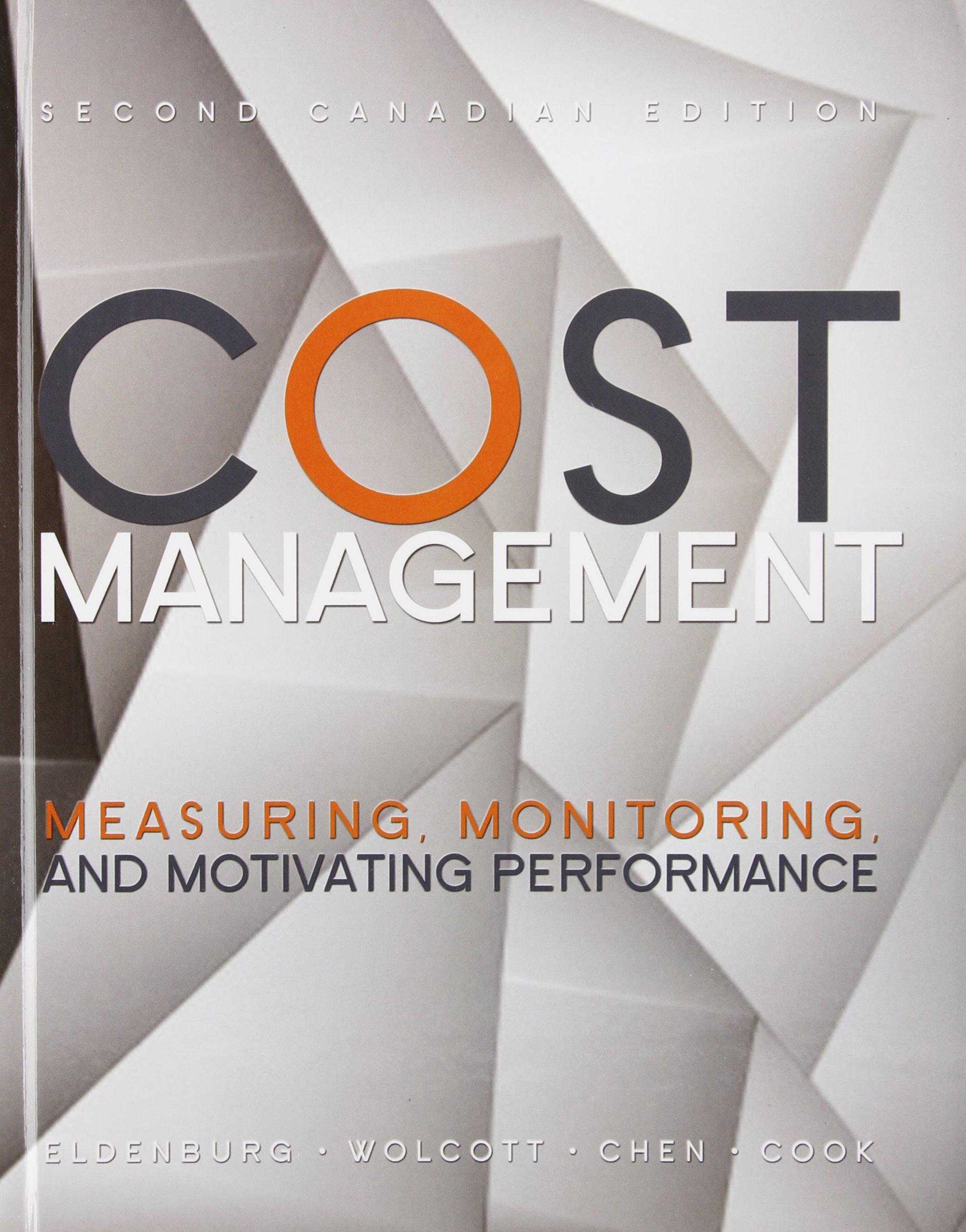In January 2003, CFO.com featured an article titled Where Are They Now? From Corporate Raiders to Earnings
Question:
When Robert Kaplan and other academics published their first papers explaining ABC in the late 1980s, business managers were highly interested. ABC involves identifying activities and cost drivers that should reflect a cause-and-effect relationship with cost for many of the resources used to produce goods. Kaplan and other consultants extolled the advantages of ABC for understanding product profitability. They suggested that managers did not really understand how products used resources in the manufacturing process. By the mid-1990s, some business experts argued that ABC was being replaced with tools such as economic value-added (see Chapter 16) and the balanced scorecard (see Chapter 17). However, a large number of organizations continued to use ABC. For example, consulting fi rm Bain & Company found that 50% of the 708 companies it surveyed during 2002 used ABC. Bain & Company also found that companies are using multiple analytical tools; they are not relying on any single tool, such as ABC, to meet all of their needs.
"Some observers contend that ABC will come back in vogue-if the recession continues," says Katz. ABC provides information about customer profitability and could help companies develop ways to raise profits without raising prices.
REQUIRED
A. Why might accountants believe that ABC information would be useful?
B. What uncertainties do managers face when they adopt ideas that are new and for which there is little data about effectiveness?
C. Given uncertainties about whether a new method will be effective, why might managers consider adopting it?
D. Discuss possible reasons for a method losing favour over time.
E. How might a recession affect the popularity of ABC?
Fantastic news! We've Found the answer you've been seeking!
Step by Step Answer:
Related Book For 

Cost Management Measuring Monitoring And Motivating Performance
ISBN: 9781118168875
2nd Canadian Edition
Authors: Leslie G. Eldenburg, Susan Wolcott, Liang Hsuan Chen, Gail Cook
Question Posted:





